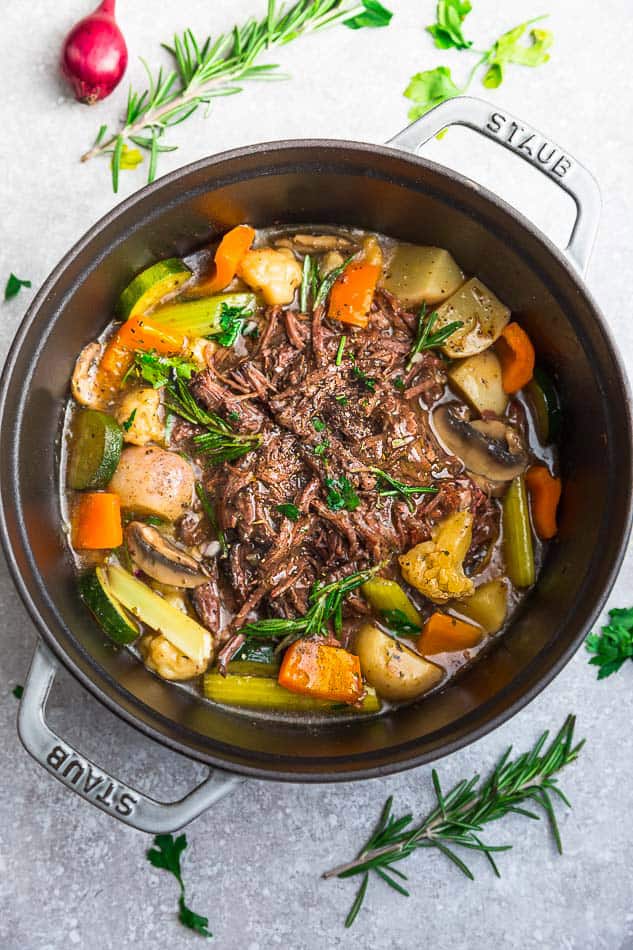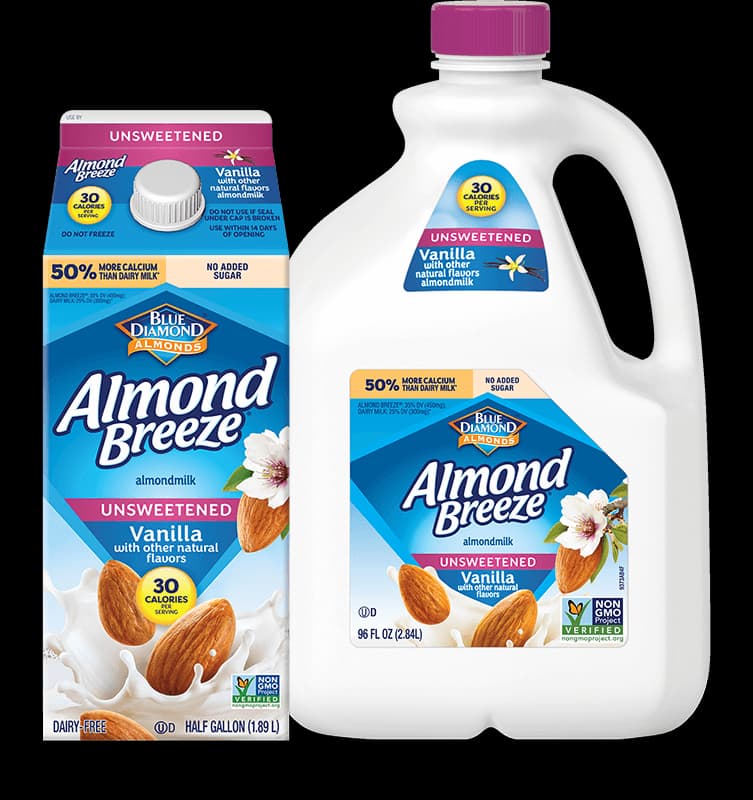
Apply Now


Top 5 Keto-Friendly Coconut Flour Options to Try in 2025
Coconut flour has emerged as a staple for those following a low-carb or ketogenic diet. Packed with fiber and nutrients, it provides various benefits that align perfectly with keto-friendly principles. As the keto diet continues to gain popularity, understanding how to effectively incorporate coconut flour into your meals is crucial. This article will explore the advantages of coconut flour, provide insights on how to use it, and introduce five fantastic options to experiment with in your keto cooking. As you delve into this guide, you'll discover a wealth of keto recipes with coconut flour that not only satisfy your cravings but also enhance your nutritional intake. By the end, you'll have a clearer picture of how coconut flour can transform your low-carb baking.Understanding Coconut Flour Nutrition
Coconut flour is a rich source of dietary fiber, making it an excellent choice for people looking to improve their digestive health and maintain stable blood sugar levels. One tablespoon of coconut flour contains approximately 5 grams of fiber and only 2 grams of net carbs, making it a suitable ingredient for those watching their carbohydrate intake. Coconut flour also offers a protein content of about 2 grams per tablespoon. It's naturally gluten-free and provides a unique flavor that can enhance various recipes, from pancakes to cookies. By choosing coconut flour over traditional wheat flour, you can reduce your carbohydrate consumption while still enjoying baked goods.Benefits of Coconut Flour on Keto
Incorporating coconut flour into your keto diet brings numerous benefits. Firstly, its high fiber content aids in weight management by promoting feelings of fullness, leading to reduced overall calorie intake. Additionally, the usage of coconut flour can help manage blood sugar levels due to its low glycemic index. Coconut flour's gluten-free nature also makes it a safe option for individuals with celiac disease or gluten sensitivity. Furthermore, coconut flour is incredibly versatile; you can use it in a variety of recipes, including low-carb pancakes and keto-friendly breads. By utilizing coconut flour, you're not just adhering to a keto diet but also enhancing the nutritional value of your meals.How to Use Coconut Flour in Your Keto Diet
When using coconut flour, it's important to remember that it behaves differently from regular flour due to its high fiber content. Typically, coconut flour absorbs more liquid than other flours, requiring adjustments to your recipes. A common rule of thumb is to use 1/4 to 1/3 of the amount compared to other flours, and you may need to increase the number of eggs or add additional liquid. For instance, if a recipe calls for one cup of wheat flour, it's best to start with 1/4 cup of coconut flour and adjust based on the desired texture. This ensures you avoid overly dry or crumbly outcomes. Coconut flour can be effectively used for thickening sauces or incorporated into smoothies, providing a nutritious boost. Experimenting with various recipes will help you determine the best ways to incorporate coconut flour into your meal planning.Exploring the Best Brands of Coconut Flour for Keto
Finding the right coconut flour is crucial for achieving the best results in your baking. There are several brands available on the market, each with unique qualities. Three of the most recommended brands include Bob's Red Mill, Anthony's, and nutiva, all of which settle into the top tier of coconut flour options.Bob's Red Mill Coconut Flour
Bob's Red Mill is known for its quality products, and their coconut flour is no exception. It's finely ground and an excellent source of fiber. Plus, it includes no preservatives, aligning perfectly with the needs of keto dieters.Anthony's Coconut Flour
Anthony's offers coconut flour sourced from premium coconuts, ensuring a natural flavor and nutritional integrity. It is gluten-free and frequently recommended for its economically priced bulk options, making it ideal for heavy users of coconut flour in their kitchens.Nutiva Organic Coconut Flour
Nutiva's coconut flour is organic and sustainably sourced, attracting health-conscious consumers. With its high fiber content and low carb count, it's a fantastic option for those dedicated to their smoothies, pancakes, and other keto creations. Now that we've highlighted some top brands, it’s important to lean into practical recipes that feature coconut flour!Top Keto Recipes with Coconut Flour
Creating delicious meals using coconut flour is easier than you might think. Here are three recipes to try that showcase its versatility.Coconut Flour Pancakes Recipe
Start your day with a stack of fluffy coconut flour pancakes! Here's a simple recipe: - Mix 1/4 cup of coconut flour, 1 tablespoon of sugar substitute, and a pinch of salt. - Add 4 eggs and 1/2 cup of almond milk. - Lastly, mix in 1 teaspoon of baking powder. Cook on a heated skillet until bubbly on one side and flip. Voila! A delicious keto-friendly breakfast awaits.Keto Coconut Flour Bread Recipe
Looking for a low-carb bread option? This coconut flour bread is perfect for sandwiches: - Combine 1 cup of coconut flour, 1/2 teaspoon of salt, and 1 tablespoon of baking powder. - Mix in 6 eggs and 1/2 cup of melted butter. Bake in a preheated oven at 350°F for about 30-35 minutes. Enjoy your fresh, homemade keto bread!Coconut Flour Cookies Keto
A sweet treat can fit your keto diet too! Try these easy keto cookies: - Blend 1 cup of coconut flour, 1/4 cup of coconut oil, and 1/2 cup of your favorite sugar substitute. - Add 2 eggs and 1 teaspoon of vanilla extract, and mix well. Spoon, then bake at 350°F until the edges are golden brown. These cookies make for a delightful snack!Common Mistakes to Avoid When Using Coconut Flour
When it comes to baking with coconut flour, avoiding common pitfalls is essential for success.Not Adjusting Liquid Ingredients
One of the most significant mistakes beginners make is not adjusting the liquid content of recipes. Remember, coconut flour is absorbent and can lead to dry baked goods if not balanced properly.Over-or Underestimating Measurement
Always measuring coconut flour accurately is crucial. Instead of scooping directly from the bag, use a spoon to fill your measuring cup and level it off, as coconut flour tends to pack down easily.Ignoring Baking Powder or Leavening Agents
Since coconut flour is denser than typical flour, recipes may require a higher amount of leavening agents. Always adhere to recommended amounts of baking powder or baking soda for optimal lightness in your baked goods.Coconut Flour Storage Tips
To maintain the freshness and quality of your coconut flour, follow these simple storage tips.Cool, Dry Place
Store coconut flour in a cool, dry location away from direct sunlight. The pantry is usually the best option.Sealed Container
For maximum freshness, keep coconut flour in a sealed container. Consider using airtight containers or vacuum-sealed bags to retain moisture and flavor.Check for Freshness
Before using coconut flour, examine it for any off smells or discoloration. This ensures you're using fresh ingredients that will yield the best results.Conclusion
Coconut flour is a remarkable ingredient for those on the keto diet, thanks to its vast array of nutritional benefits and versatility in cooking. By selecting quality coconut flour brands, understanding proper usage, and avoiding common mistakes, you can successfully incorporate this ingredient into your meals. Whether whipping up keto coconut flour pancakes or baking a bread substitute, the recipes and tips shared in this article will help you navigate the coconut flour world with confidence. Enjoy embracing the culinary possibilities that coconut flour offers!
